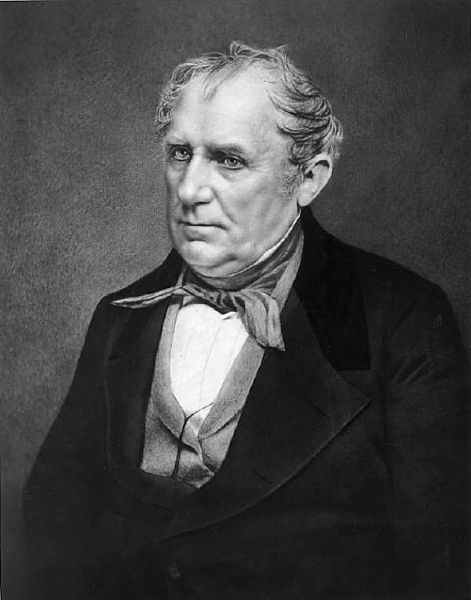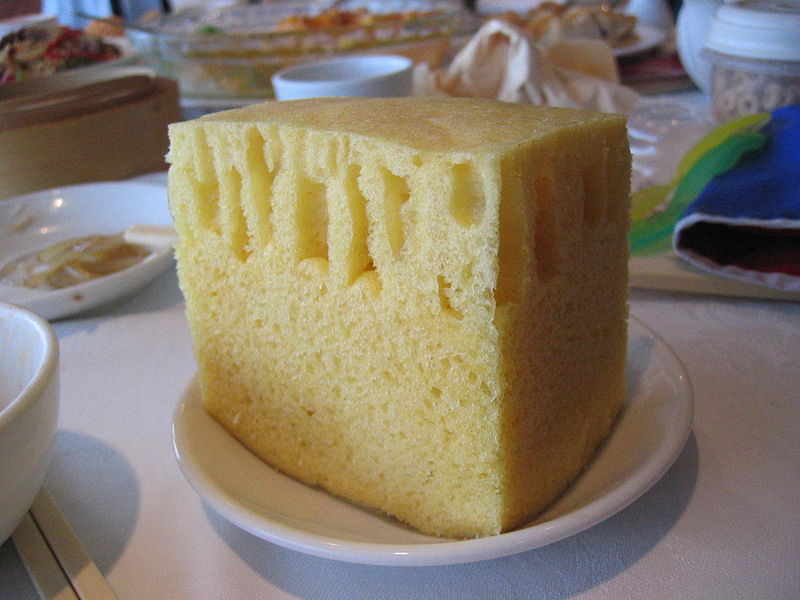Welcome to Word Buzz Wednesday, your weekly roundup of some of the most interesting words of the week. The latest: a surprisingly reliable indicator, some unreliable profanity filters, a non-scary hostel.
Waffle House Index
“The Federal Emergency Management Agency even monitors a ‘Waffle House Index,’ a color-coded indicator of what restaurants are open, closed or offering a limited menu, to gauge how well an area will recover from a hurricane, tornado or other hazard.”
Ashley May, “How the Waffle House Index will help FEMA determine just how bad Hurricane Florence gets,” USA Today, September 16, 2018
The Waffle House Index was invented in 2004 by Craig Fugate, a former director of the Federal Emergency Management Agency, says The Economist. The index is so called because Waffle House, a breakfast chain in the South, is known for its reliability. It stays “open every hour of every day” and is quick to reopen even after “extreme weather, like floods, tornadoes and hurricanes,” making “them a remarkably reliable if informal barometer for weather damage.”
Scunthorpe problem
“The internet-related woes of people with dirty-sounding last names are officially known as the Scunthorpe problem.”
Edmund Heaphy, “Innocent people with dirty-sounding last names face the ‘Scunthorpe problem,’” Quartz, August 29, 2018
The Scunthorpe problem, says Quartz, occurs when websites with “overzealous filters and poorly written code … flag innocent phrases that either happen to contain obscene words within them, or are legitimate use cases of such words.” The name comes from a town in England, which around 1996 was censored by AOL because it contains a certain substring of letters.
masu gomi
“The actions can turn political pretty quickly — masu gomi was basically ‘fake news’ before U.S. President Donald Trump even opened his Twitter account — but it also tends to be deployed by both sides of the spectrum.”
Patrick St. Michel, “Japanese media face hostility in disaster coverage on social media,” Japan Times, September 15, 2018
Masu gomi is a Japanese slang term for “trash,” says Japan Times, and is often used to refer to the Japanese media when it behaves “badly,” whether by using videos or images from social media as part of their news stories or swooping in with cameras following natural disasters such as earthquakes and typhoons — behavior which might seem perfectly normal for media in other countries.
transhumanism
“‘Transhumanism’ is a relatively new word for the very old belief that humans can transcend the limitations of our mortal bodies, perhaps even mortality itself.”
Michael Hardy, “Meet the Transhumanists Turning Themselves into Cyborgs,” WIRED, September 17, 2018
Transhumanism is the belief that “the use of science and technology, especially neurotechnology, biotechnology, and nanotechnology” can “overcome human limitations and improve the human condition.” WIRED says that in “its modern form,” transhumanism “encompasses a wide variety of techno-utopian ideas ranging from life extension to body hacking to virtual reality and artificial intelligence.”
poshtel
“The U.S. is the last holdout against the poshtel wave, where the upscaling of low-cost accommodation lags far behind Europe, Australia, or Latin America, mostly thanks to the embedded motel culture.”
Mark Ellwood, “How Hostels Become Poshtels: The Remaking of a Backpacker’s Hangout,” Conde Nast Traveler, September 12, 2018
A poshtel is basically a high-end hostel, says Conde Nast Traveler. It’s nicer than a “bare-bones” dorm “where every item that isn’t bolted down or padlocked away feels as if it could vanish overnight” but more inexpensive than a traditional hotel. Poshtels are often inhabited by flashbackers, “backpackers with higher disposable income and flashier electronics than backpackers.” The word poshtel is a blend of “posh” and “hostel.”






